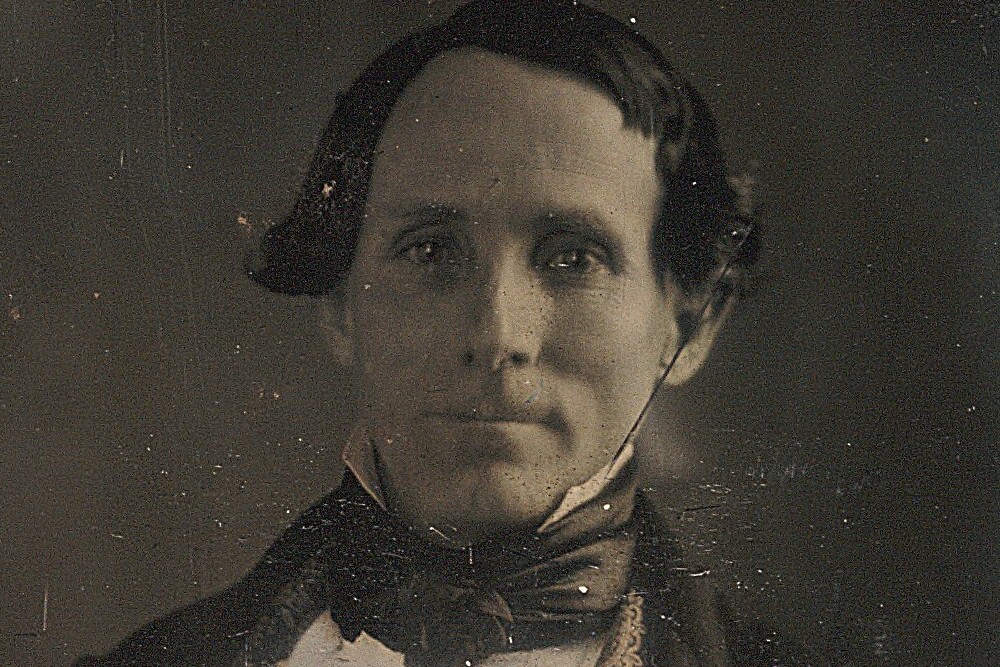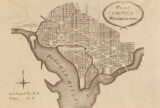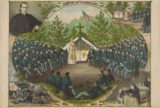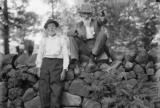Jefferson Davis’s Lesser-Known Nemesis
Henry Stuart Foote and the Confederate President Supported Slavery—But Loathed One Another
On Christmas morning, 1847, six important men assembled at a large boarding house in Washington, D.C., ostensibly for casual, after-breakfast conversation. In the parlance of the era, it was a “mixed” group, of four Southerners and two Northerners. All served in the United States Senate or the House of Representatives, and because of the climate of the times, they had much to discuss. The United States was about to win the Mexican War, and in the process wrest away from its Southern neighbor a massive tract of land, laying the …










